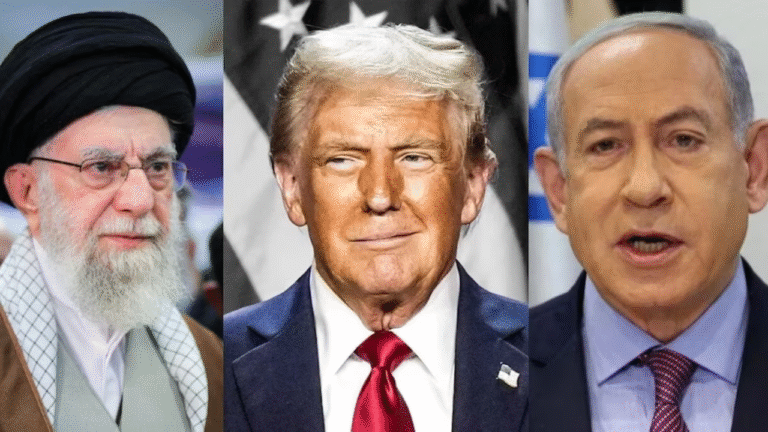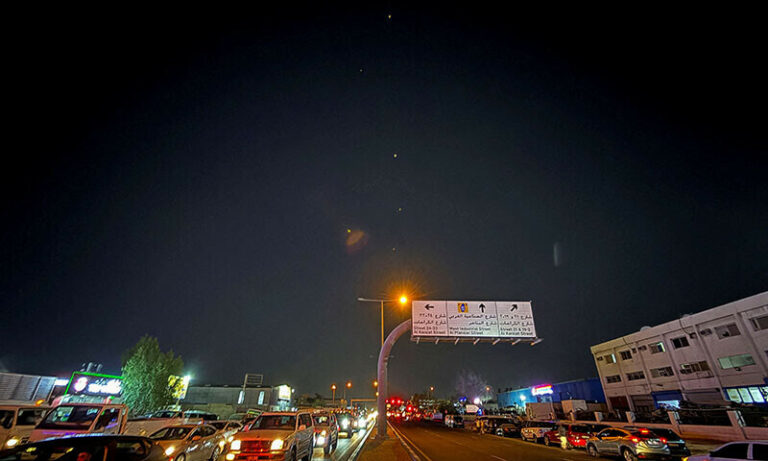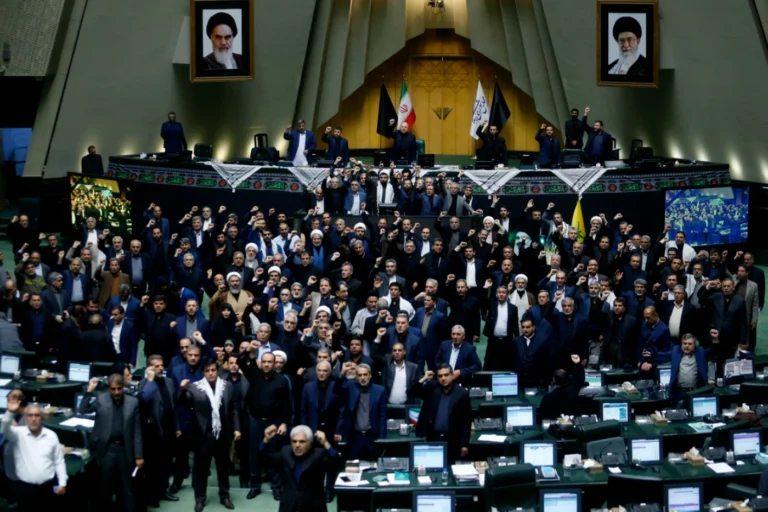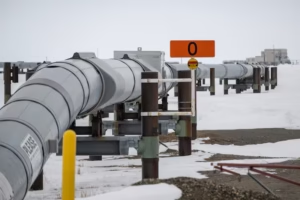Operation Midnight Hammer has marked a historic and dramatic turn in U.S. military action, as American forces launched a powerful and precise airstrike against Iranian nuclear facilities. The operation, conducted late Friday into Saturday, has not only intensified geopolitical tensions in the Middle East but also showcased the United States’ unmatched aerial strike capabilities.
What is Operation Midnight Hammer?
Operation Midnight Hammer is the codename for a large-scale, high-impact air assault carried out by the United States against Iran’s key nuclear infrastructure. It involved the largest operational deployment of B-2 Spirit stealth bombers in American history. According to U.S. officials, the operation aimed to neutralize Iran’s nuclear development capacity through targeted destruction.

Details of the Strike
During a press briefing on Sunday, U.S. Secretary of Defense Pete Hegseth and General Dan Caine, Chairman of the Joint Chiefs of Staff, confirmed that seven B-2 bombers flew from Whiteman Air Force Base in Missouri to the Middle East. The operation involved a complex, highly coordinated mission spanning over 18 hours, with multiple in-flight refueling maneuvers and near-total radio silence to maintain stealth.
Key Highlights:
-
75 precision-guided weapons were used, including the GBU-57 Massive Ordnance Penetrator (MOP) bombs—used operationally for the first time.
-
Over 125 aircraft participated, including B-2 bombers, fifth-generation fighters, and support aircraft.
-
Three Iranian nuclear sites, including Fordow and Isfahan, were successfully targeted and destroyed.
-
A U.S. submarine in the CENTCOM area of operations launched over two dozen Tomahawk cruise missiles to complement the aerial strikes.
-
The mission included advanced deception tactics to confuse Iranian air defense systems, which reportedly failed to detect or respond to the assault.
Strategic Execution and Surprise
General Caine revealed that the mission’s complexity required seamless coordination between several U.S. military commands, including Strategic Command, Cyber Command, Space Command, and European Command. One part of the B-2 formation flew toward the Pacific to mislead potential enemy observers, helping preserve the element of tactical surprise.
The bombers entered Iranian airspace at around 5 p.m. ET on Saturday, with the first GBU-57s dropped on Fordow at approximately 6:40 p.m. ET (2:10 a.m. local time in Iran). Within 25 minutes, all primary targets had been hit, and no American aircraft were engaged or fired upon during the strike or exit.
Aftermath and Strategic Impact
President Donald Trump stated that Operation Midnight Hammer “totally obliterated” Iran’s core nuclear capabilities. Pentagon visuals released to media outlets like CBS News illustrated the bombers’ routes and mission timelines, emphasizing the strategic precision involved.
In his statement, Gen Caine stressed that Iran’s failure to mount a response demonstrates the effectiveness of American stealth technology and military planning. “Iran’s fighters didn’t fly, and it appears their surface-to-air missile systems didn’t even see us,” he remarked.
Prepared for Retaliation
While celebrating the success of Operation Midnight Hammer, U.S. military officials remain cautious. General Caine issued a stern warning against any Iranian retaliation, stating that it would be “an incredibly poor choice.”
“The safety of our service members and citizens remains our top priority. We are still airborne and fully prepared to defend ourselves,” he added.
Global Implications
Operation Midnight Hammer is not only a tactical victory for the U.S. military but also a geopolitical game-changer. As Washington aligns itself more openly with Israel’s stance against Tehran, analysts warn that the region may be entering a new and dangerous phase of confrontation.
Conclusion
The success of Operation Midnight Hammer underscores the United States’ advanced military capabilities and its willingness to take direct action against perceived nuclear threats. As the world watches for Iran’s response, the operation will undoubtedly shape the next chapter in Middle Eastern geopolitics and global security.













